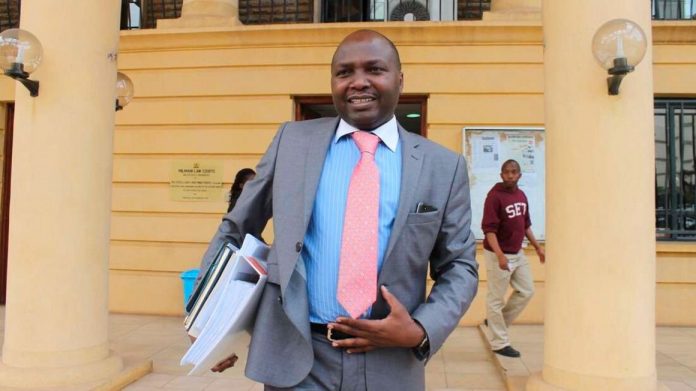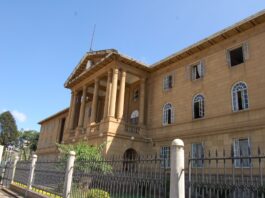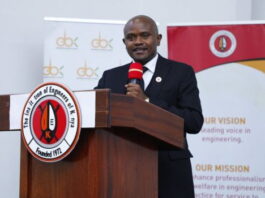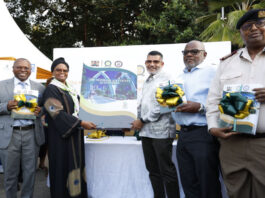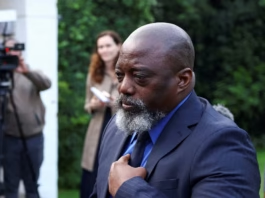Donald Kipkorir, a Nairobi City lawyer, is set to receive Sh1.3 billion in legal fees for defending the Nairobi County government against the Ministry of Defence in a case involving the parcel of land where Embakasi Barracks stands.
Last week, the Employment and Labour Relations Court ruled that Mr Kipkorir should be paid Sh1.338 billion for representing the defunct city council in the case, which had been in court for nearly ten years.
The Kenya Defence Forces forcibly took over the 3,000-acre land, valued at Sh61.5 billion, triggering the suit in 2012. However, the case was dropped in June of last year without Mr Kipkorir’s involvement.
In determining the amount to be paid, Deputy Registrar of the Court Diana Orago took into account the numerous court appearances, court filings, and the value of the land.
The county government had objected to the amount, claiming that Mr Kipkorir’s law firm, KTK Advocates, had agreed to be paid Sh400 million plus VAT by city hall.
Ms Orago, on the other hand, rejected the claim, claiming that there was no proof that the amount had been agreed upon.
“It is moreover quite unfortunate that no proof has been tendered to this court to show that there existed a retainer agreement between the parties other than an unsigned letter allegedly from the applicant firm,” Ms Orago said.
The court noted that the Advocates (Remuneration) Order specifies a minimum amount and that when calculating the amount, the court has the option of increasing the fees but not going below the minimum.
Previous rulings place an emphasis on the value of the subject matter and the instruction fees, while also taking into account the nature and importance of the case, the parties’ interests, the general conduct of the proceedings, and the trial court’s direction, among other things.
According to court filings, Mr Kipkorir requested Sh1.23 billion in instructions fees and Sh410 million in ‘getting up fees,’ or costs incurred during the case’s preparation.
Writing hundreds of letters and notices to and from the Attorney-General and other law firms, drawing affidavits, filing court documents, and receiving hearing notices were also issues considered.
The lawyer also brought to the magistrate court’s attention appearances for mentions and hearings totaling Sh1.6 billion plus VAT.
Mr Kipkorir had requested Sh2.8 billion in total compensation, but the magistrate reduced the amount to Sh1.338 billion.
In its defence, the county government claimed that the law firm initially agreed to reduce the fee by 73.9 percent to Sh400 million plus VAT. Mr Kipkorir denied the claims that the fee would be paid in two installments.
The county also claimed that Mr Kipkorir dropped the case, forcing it to hire a new law firm to finish it.
Ms Orago then awarded the law firm Sh768 million in instruction fees and calculated ‘getting up fees’ at 75% of the instructions fees (Sh384.4 million). The taxing master also taxed all court attendance on a lower scale. She also added Sh184.5 million in VAT, bringing the total to Sh1.338 billion.
Previous decisions have consistently stated that the basis for determining the subject matter value for the purposes of instruction fees is entirely dependent on the stage at which the fees are determined.
The magistrate stated that she was guided by previous cases in which the court ruled that taxation of bill of costs is largely based on evidence and that an applicant must present all documents and materials to support a claim.

